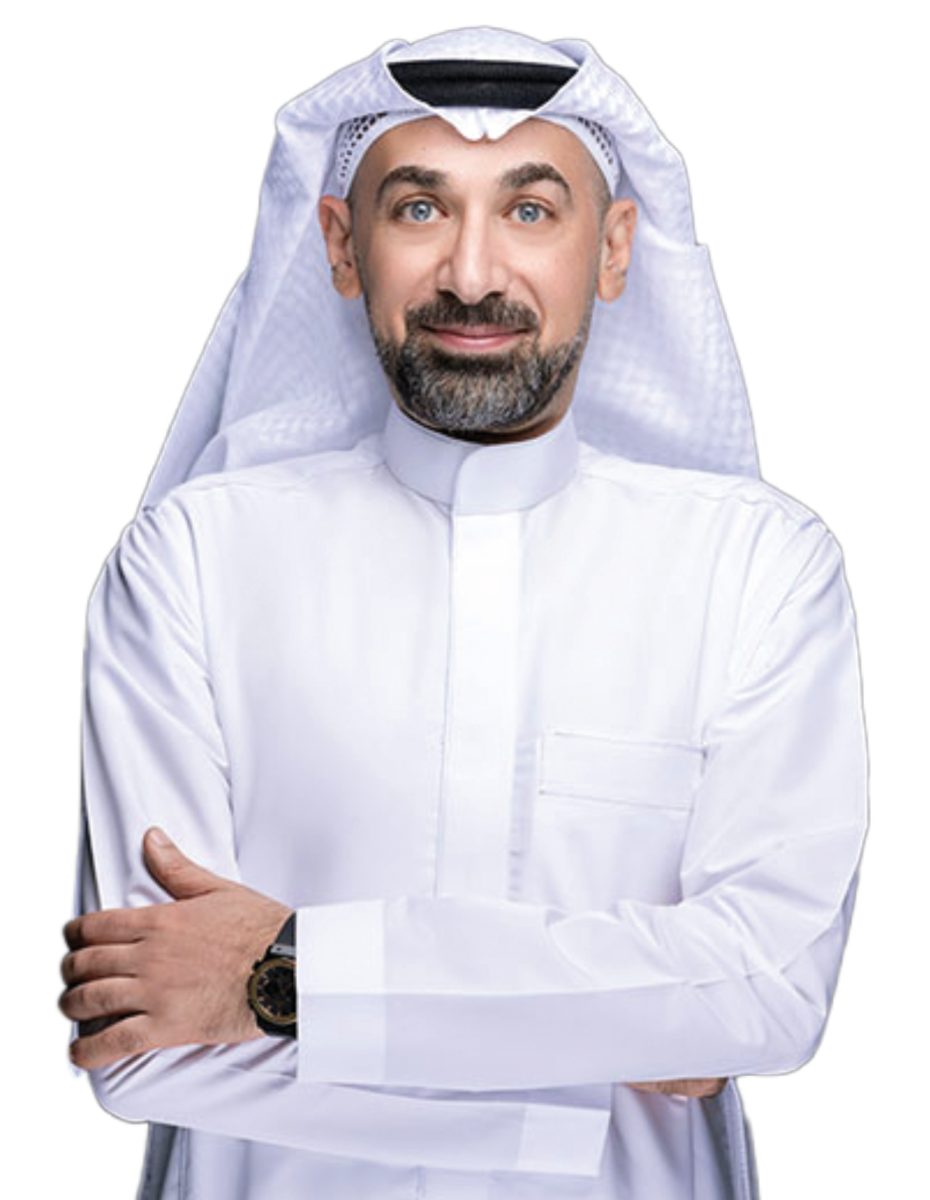RIYADH: As global conversations about sustainability expand, one sector is emerging as an unlikely player in the environmental movement: healthcare.
Experts say a growing shift toward prevention — rather than reaction — is not only improving personal health outcomes but reducing long-term resource strain on hospitals, supply chains, and the planet.
“Preventive care and longevity-focused medicine play a critical role in promoting environmental sustainability by reducing the overall burden on healthcare systems,” said Dr. Walid Zaher, a Saudi scientist and founder of Rewind.

Dr. Walid Zaher, Rewind founder
“When individuals stay healthier for longer through early detection, lifestyle interventions, and personalized medicine, there is less need for resource-intensive treatments, hospitalizations, and pharmaceutical use — each of which carries a significant environmental footprint.”
According to Zaher, every reduction in high-intensity care translates to real-world savings in emissions, energy, and medical waste.
“Fewer medical interventions mean reduced energy consumption, lower emissions from healthcare facilities, and less medical waste,” he said. “By shifting focus from reactive to proactive care, we create a more efficient, sustainable healthcare model that benefits both people and the planet.”
Saudi Arabia is taking bold steps to integrate health, wellness, and sustainability through a series of forward-looking initiatives aligned with Vision 2030.
Dr. Walid Zaher, Rewind founder
Dr. Ksenia Butova, founder of Detki Family Clinic and Molodost Clinic, agrees. She believes early diagnostics and family-centered wellness are not only medically superior — they are environmentally responsible.
“The costliest treatments — both financially and environmentally — come when disease is already in full swing,” she said. “Hospital admissions, emergency interventions, aggressive medications. But most of it can be prevented.”
She emphasized that check-ups today are no longer just routine, but predictive. “Conducting in-depth check-ups designed to detect diseases at their earliest, pre-symptomatic stages — or rule them out entirely — helps alleviate the pressure on the healthcare system,” Butova said.
Among the pillars of preventive medicine are targeted vaccination programs and ongoing wellness tracking — both of which lower overall consumption of antibiotics, emergency care, and overprescribed supplements.
“Nutrition science, mental health support, sleep optimization, hormone and micronutrient balancing — these are not ‘luxuries,’” Butova said. “They’re the new foundation of long-term health.”
The Kingdom is also investing in long-term well-being through national policy. “Saudi Arabia is taking bold steps to integrate health, wellness, and sustainability through a series of forward-looking initiatives aligned with Vision 2030,” said Zaher. “From national events like Saudi National Sports Day to wellness-centered urban planning, the aim is to embed health and wellness into the fabric of daily life.”
On the technology front, digitization of care is helping clinics become more efficient and less wasteful.
“Clinics that operate paper-free are sustainable,” explained Butova. “Everything from scheduling and medical records to treatment plans and follow-ups becomes digital. Patients have easy access to their data, and doctors spend less time on bureaucracy and more time on meaningful care.”
She also noted that online consultations reduce traffic, emissions, and time lost to travel. “One Zoom consultation means one less commute through city traffic, one less plastic coffee cup, one less parking hassle,” she said. “It saves time, energy, and reduces our environmental footprint.”
Both experts also pointed to a growing trend: longevity tourism — the merging of high-end medical care with eco-conscious lifestyle services.
“Longevity tourism is increasingly becoming a natural extension of the broader eco-wellness movement — one that merges sustainable living with proactive health optimization,” said Zaher. “In regions like the Gulf, there’s a unique opportunity to position longevity tourism at the intersection of luxury wellness and sustainability.”
Butova confirmed the trend is already gaining traction. “People are flying to us from Russia and Kazakhstan for access to rare vaccines … From Europe, the UK, and the US, we welcome patients seeking comprehensive check-ups, personalized recovery programs, and cutting-edge aesthetic treatments,” she said.
Still, awareness remains a challenge. Both Zaher and Butova stressed the importance of education in shifting habits and norms.
“When we educate the public about the benefits of preventive health measures, sustainable diets, and active lifestyles, we can shift societal norms toward more eco-conscious behaviours,” Zaher said.
Butova added: “Public awareness is everything. Without awareness, even the most advanced medical system won’t work.”
Her clinics run webinars, host “health school” events for families, and engage with communities through live Q&As. “One of the most important missions of healthcare professionals is raising awareness about obesity and metabolic health … That shift alone changes lives and reduces wasteful, unconscious consumption,” she said.
At a time when sustainability often means sacrifice, these experts argue that in medicine, it is quite the opposite: the more proactive the system, the less wasteful it becomes.



























